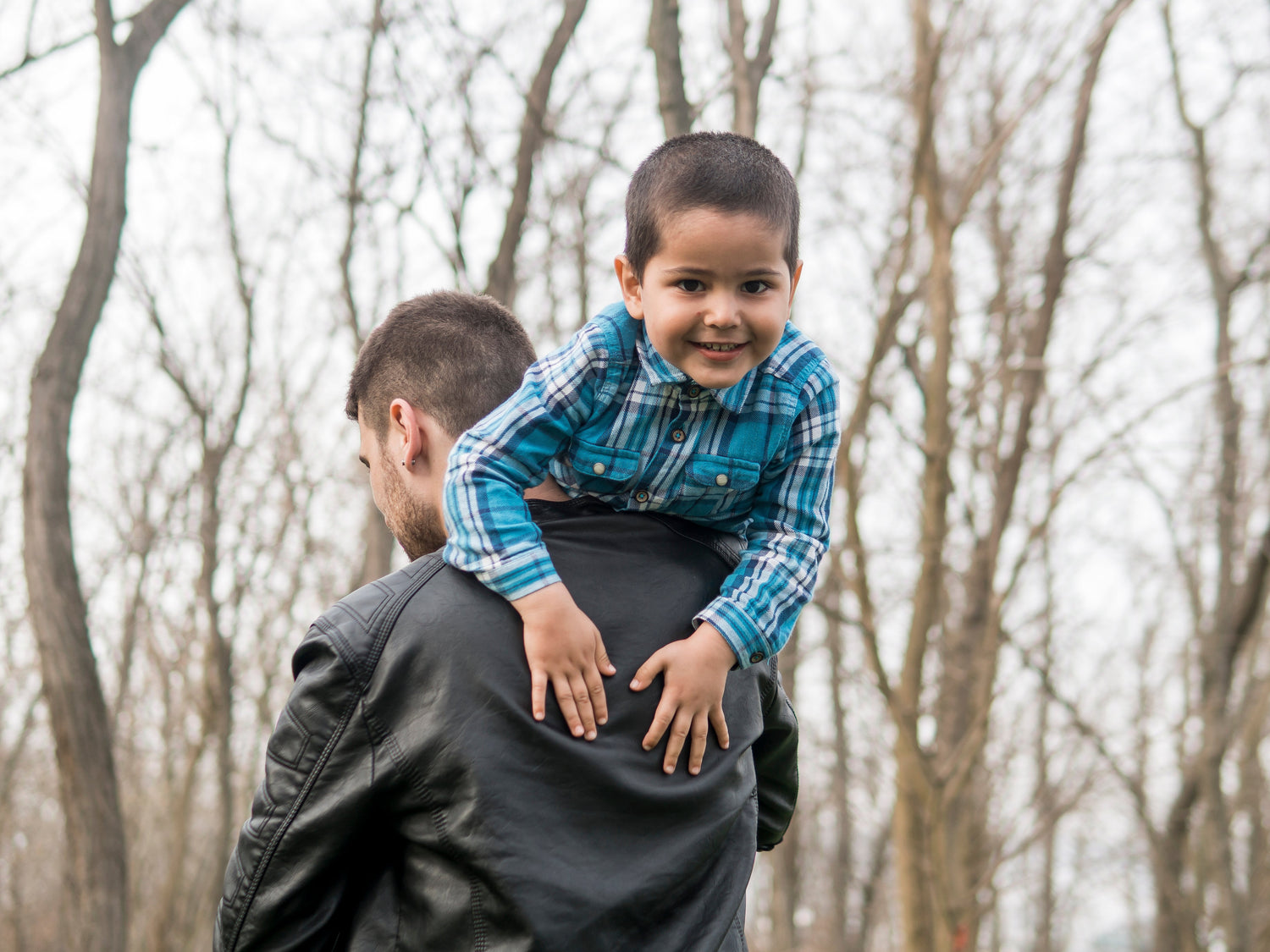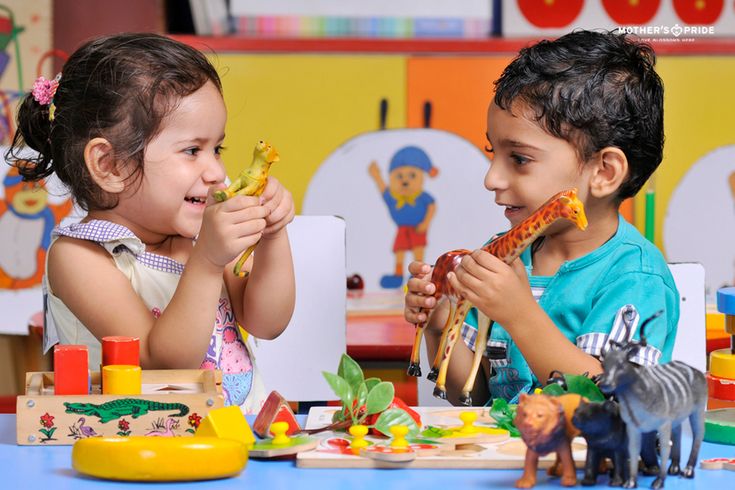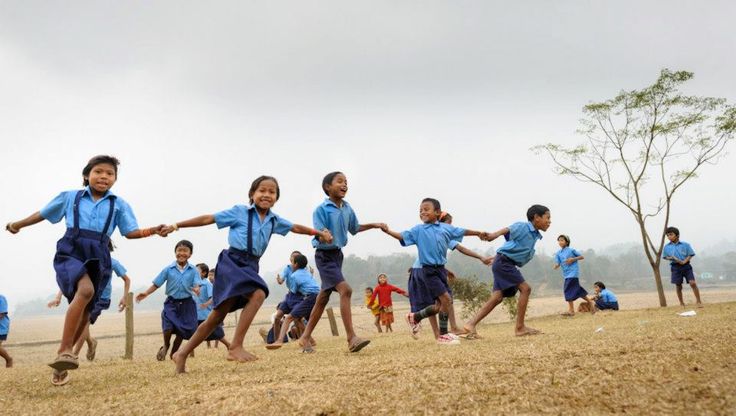As parents, we love our kids fiercely and want to protect them from the tough parts of life. But here’s the hard truth: being too protective can lead to raising children who rely too much on others. These kids often struggle with confidence and problem-solving skills. Let’s explore how overprotective parenting can impact our kids and why it’s essential to help them become more independent.
The Risks of Overprotective Parenting
Have you ever watched your child struggle with a puzzle? It’s tempting to step in and help, right? But if we do, we might be taking away their chance to learn and grow. Here’s how being too protective can hurt kids:
Weak Problem-Solving Skills: If we always provide the answers, our kids miss out on figuring things out for themselves. They need practice to learn how to tackle problems.
Low confidence: Kids who aren’t allowed to try things on their own may doubt their abilities. Imagine how scary it is to face new challenges without believing in yourself!
Fear of Failure: When we shelter kids from mistakes, they learn to fear them instead of seeing them as a part of learning. This fear can keep them from trying new things.
Struggles with Social Skills: Kids who rely too much on their parents might find it hard to make friends or handle social situations. They need practice interacting with others to build those important skills.
The Consequences of Being Overly Dependent
The effects of being overly dependent can stick with kids into adulthood. Here are some potential outcomes:
Increased anxiety: Without the tools to cope on their own, kids can feel overwhelmed when faced with challenges.
Difficulty Growing Up: Kids who don’t learn essential life skills may rely on their parents for longer than they should. This can make adulting really tough!
Poor Academic Performance: If children don’t develop problem-solving skills, their schoolwork can suffer, leading to lower self-esteem.
Why Fostering Independence Matters
So, how can we encourage independence in our children? Teaching them to be self-reliant is one of the best things we can do for them. Here’s why it matters:
Building Problem-Solving Skills: Allowing kids to tackle problems on their own helps them think critically. When they face challenges, they learn how to approach them.
Boosting Confidence: Every time they figure something out by themselves, they gain confidence. This feeling of accomplishment can inspire them to take on new challenges.
Improving decision-making skills: Making choices helps kids understand the consequences of their actions. This skill will benefit them throughout life.
Encouraging Exploration and Curiosity: Independent kids are more likely to explore their surroundings and ask questions, sparking a lifelong love of learning.
Tips for Encouraging Independence
Ready to help your child become more independent? Here are some do's and don'ts to guide you:
Do’s:
Encourage problem-solving: Let your child work through challenges without jumping in right away. Offer support, but give them space to find solutions.
Foster decision-making: Give them age-appropriate choices, like what to wear or what to eat for lunch. This helps them learn to make decisions.
Teach Life Skills: Involve your child in household chores like cooking or cleaning. These tasks are fun and help them gain valuable skills.
Celebrate Efforts: Praise your child’s attempts, regardless of the outcome. This teaches them that trying is what matters
Don’ts:
Don't Over-Intervene: Resist the urge to step in at the first sign of trouble. Allow your child to learn from their challenges.
Avoid Creating Helplessness: Gradually reduce your help as your child becomes more capable. This encourages them to rely on their own skills.
Don’t compare: Every child learns at their own pace. Avoid comparisons that might hurt their self-esteem.
Steer Clear of Micromanaging: Let your child take the lead in activities. This builds their sense of ownership and responsibility.
Conclusion
The uncomfortable truth about raising overly dependent kids is that it can significantly affect their growth and development. While we protect our children out of love, we must also prioritize helping them become independent. By allowing our kids to face challenges and make choices, we prepare them to be resilient and confident individuals ready to tackle life’s ups and downs.
Let’s focus on preparing our children for the future instead of just protecting them. Together, we can help them grow into capable adults with the skills they need to thrive









